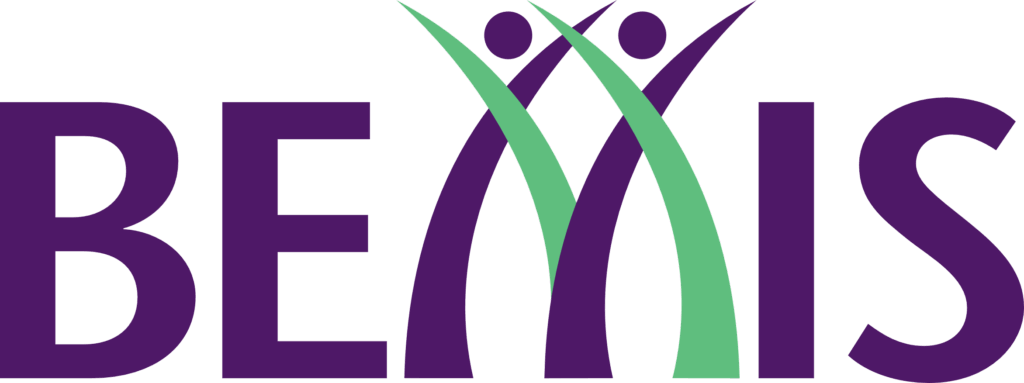The project’s consortium is composed of educational experts and practitioners from seven different institutions from Cyprus, Czech Republic, Italy, Germany, Slovenia and Sweden and Scotland. This project is funded from support from the European Commission. The Step In project consists of partners from universities, research institutes, NGOs and adult education providers. The seven partner countries combine their competencies in the field of civic education, integration, and migration.
http://www.stepin-grundtvig.org/
> The Grundtvig Training Course
Introduction:
Migration since post war has been the biggest focus in Europe, which has brought with them multiple benefits to the host societies across Europe, from socio-economical to enriched cultures and food. The aim is to develop seven different education modules and competencies and one of the modules is mentoring scheme guide which will support building inclusive society through encouraging active citizenship and promotion of civic engagement. BEMIS (Black and Ethnic Minorities Infrastructure in Scotland) is one of the partners on the Step-In Programme aims to develop an innovative education strategy to increase political participation and civic engagement of migrants and ethnic minorities, and to promote active citizenship through Mentoring. The consortium will conceptualize seven different education modules, which will be tested and implemented all over Europe. The project accommodates the fact that successful processes of integration demand not only efforts by the minorities, but also further development of the host countries majorities and institutions. In this project, the target groups of the project are migrants and members of ethnic minorities, members of receiving countries, especially stakeholders of parties, NGOs, public authorities, and adult learning professionals and providers. This project aims at developing, testing and disseminating innovative approaches, methods and materials to promote migrants’ active citizenship. Experts in seven European countries will cooperate for 24 months in order to design and test new approaches to strengthen civic, social and intercultural competences of migrants and members of ethnic minorities, members of receiving countries, esp. stakeholders of parties, NGOs, public authorities, adult learning professionals. Concrete results and outputs: Collecting examples of good practice; developing new methods and approaches; developing teaching aids, developing national and international in-service training courses for adult education staff.
Outcomes:
The Mentoring guide will help deploy the mentoring structures and competencies to integration strategies for host countries for migrants. Integration is a two way process, migrant to adopt and host society to address the barriers that can prevent economic and social participation. The mentoring programme will be designed in accordance with the finding from the migrant’s needs analysis and from the education policies. The aim and objective is to develop a mentoring programme in parallel with a mentoring scheme, recruitment of mentor and mentee and to evaluate and validate the programme at the end.
It is assumed that all mentees will have a good understanding of native language of the participating country (region within the country). Mentees will be drawn from the migrant/ ethnic minorities in each participating country. One of the key aims will be to enable the mentees to be able to fully contribute to decision making process in their local communities for them to participate in local or national governmental bodies or agencies.
In addition, to promote positive action and interaction amongst the civic society and the migrant communities, the mentoring program will be designed to bridge the gap between the migrants and the citizens of host countries with access to information and helping the migrant to overcome barriers to civic participation, ignorance, discrimination in civil life, and institutional discrimination. Through the mentoring guide for trainers and service providers we hope to engage migrant community in broader civic participation through mentoring both at a grassroots level and national level in order to overcome barriers to civic participation. The education modules will provide a clear and dynamic focus on all its modules which will be a definite part of the European Wide Grundtvig Training Course for adult educators and beneficiaries from migrant and ethnic minority communities. The Grundtvig Training Course will be delivered over five days at the end of the project to adult educators
http://www.stepin-grundtvig.org
Partners
- Leibniz University Hannover – Germany
- BEMIS Scotland
- Provincia di Parma – Italy
- University of Nicosia – Cyprus
- Society of Citizens Assisting Migrants – Czech Republic
- Scientific Research Centre of the Slovenian Academy of Sciences and Arts – Slovenian Migration Institute
- Folkuniversitetet Kristianstad – Sweden
Project number: 518628-LLP-1-2011-1-DE-GRUNDTVIG-GMP


